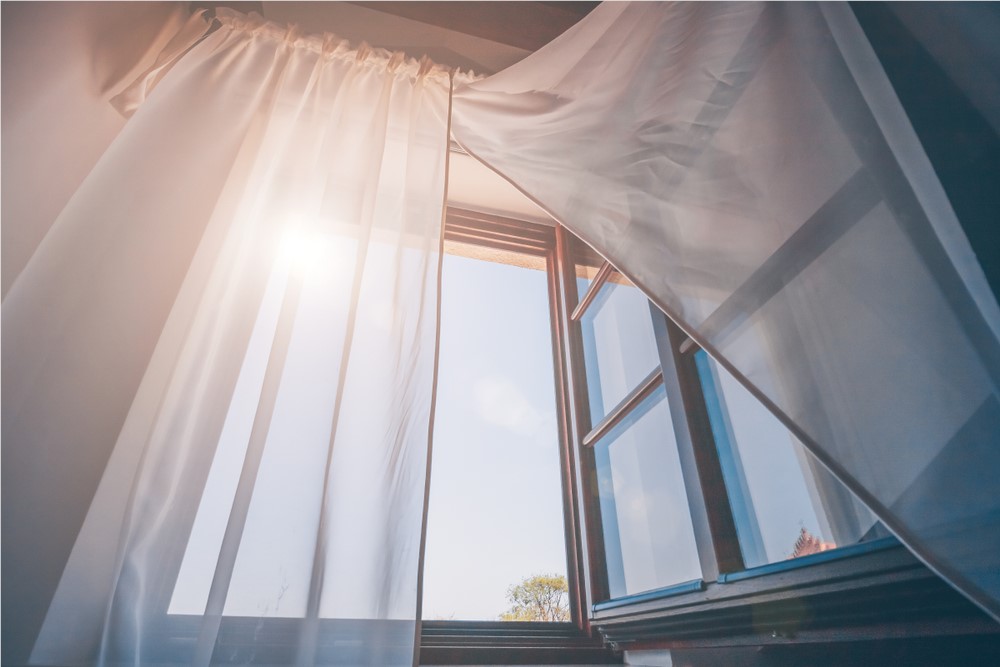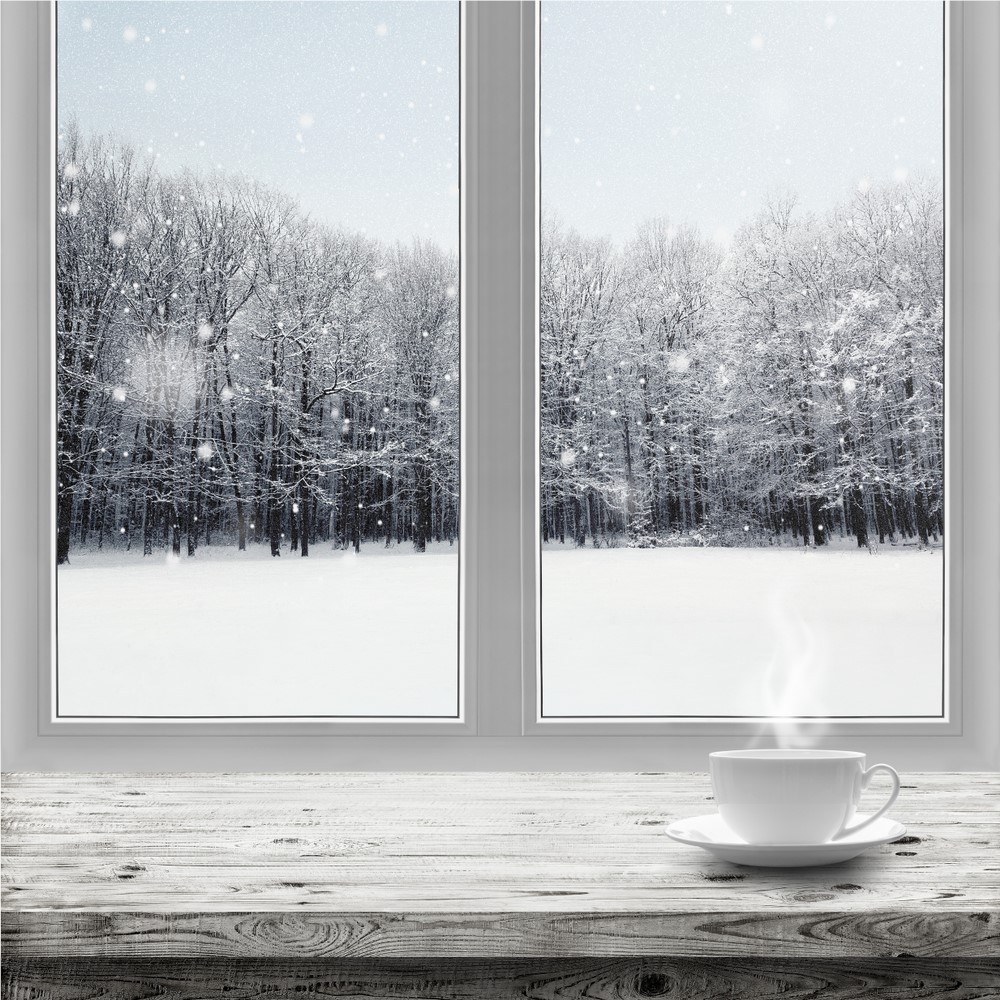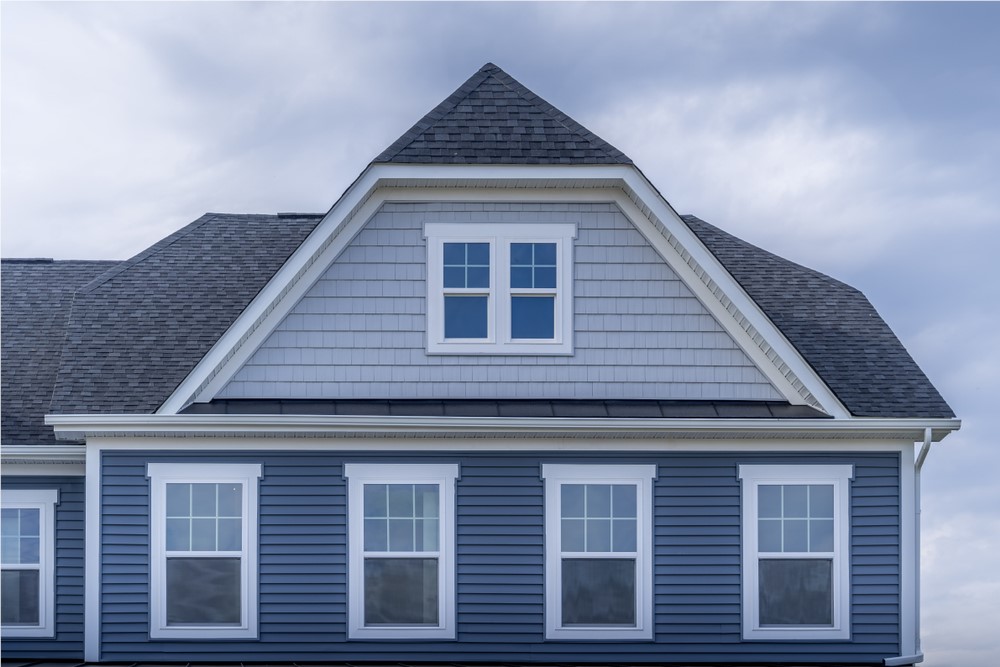No matter how energy efficient your home happens to be, lowering the amount of energy that you actually consume will make a big difference in your monthly energy bill. Not only that, but it will also lessen your impact on the environment. And who wouldn’t want that?
So how do we lower our energy consumption? Let’s look at some of the most effective ways to do that.
Appliances
If you have some appliances that are in need of being replaced soon anyway, do the proper research and see what kind of energy efficient replacement you can get. These types of appliances aren’t always more expensive, and with their energy efficiency they can be extremely cost effective. When possible, you should also make changes in your own habits: lower the amount that you actually use these appliances so that your energy consumption drops even lower.Lighting
Lighting is a key aspect of energy consumption that is sometimes forgotten. It is more than simply purchasing a bunch of CFL (compact fluorescent) light bulbs and replacing your old light bulbs with them. It’s also about increasing the amount of natural light in your home. This can be done with skylights and some windows that are also energy-efficient.The choices you make about lighting in your home can drastically save you money. Think about it: traditional, old-fashioned (incandescent) light bulbs actually give off as much as 90% of their energy as heat instead of light! Keeping that in mind, it makes the most sense to replace your old light bulbs as soon as possible rather than waiting until they have burnt out.
Climate control
Whether it’s heating in the winter or cooling in the summer, the way you maintain your home’s climate control is crucial to reducing your monthly energy bills. Keep in mind that everything is connected: your climate control system, your windows, your home’s insulation, and so on all combine to form one energy-efficient home.If you want to be truly efficient, try some sort of passive solar design in your home. These designs take in heat from the sun and store it, then use it in your home heating system. The key with these systems is to have them properly designed so that they help in energy reduction in all sorts of aspects of your home.
When you do need something extra to cool or heat your home, utilize electric systems that are energy efficient -- and only use them when you actually need to, and in an efficient way. There are even heating systems that don’t use electricity at all -- check out your options and install one of them into your home. This will work best if you have checked and updated the insulation all over your home (check the walls and attic), and air sealing would be helpful as well.
Water heating
Use an electric water heater that is energy-efficient and make sure you are using it in an efficient way. If you’re truly committed, there are also water heaters that don’t utilize electricity at all. It’s important to note small details such as fixing a leak in your faucet or shower, as that can waste thousands of gallons of water over the course of the year -- and if this is hot water, it’s much worse.Subscribe to Energy Home Pros's Blog





Comments